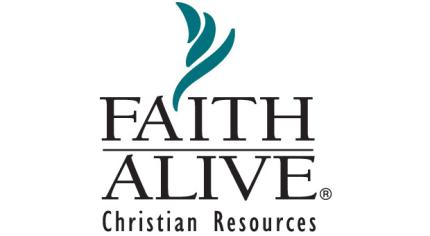Faith Alive Faces Shortfall

A year ago, Faith Alive Christian Resources, the publishing ministry of the Christian Reformed Church, launched a multi-faceted initiative to increase its revenue.
While the plan is working — fiscal 2012 revenues exceeded the prior year for the first time since 2006 — the plan failed to bring in enough revenue fast enough and, late last week, Faith Alive announced that it had to cut several positions and will not be filling others.
“We have maintained throughout this journey the last thing we would do is eliminate positions and, unfortunately, that is an option we can no longer avoid,” said Mark Rice, director of Faith Alive, in a letter to staff.
Approved by Faith Alive’s board of directors, the revenue plan included new marketing strategies, the hiring of a new field sales representative, and requesting and receiving additional Ministry Shares support from Synod 2012.
Although these have helped, Faith Alive is still confronted with the likelihood that it will not be able to meet its budget for 2012-13 and needed to make this decision, which involves about 18 percent of the staff, said Rice.
“It is now clear, despite our best efforts—and those efforts have been nothing short of monumental by the Faith Alive team—that Faith Alive’s financial situation remains unstable and further action is required,” said Rice.
Rice emphasized that the positions being eliminated are not related to job performance.
“Upon implementation of that (the revenue) plan last year, leadership and staff knew everything had to work in order to achieve our goal of financial stability,” said Rice.
Despite the changes, Faith Alive has continued to experience difficulties, as have many Christian and non-Christian publishers.
There are several reasons for the financial challenges, including a diminished preference by churches for Reformed materials and the ongoing impact of the 2008 recession.
Competition among publishers has also increased; costs of running the ministry have gone up, and sales of new Sunday school curriculum, long a mainstay of the ministry, have not grown as fast as Faith Alive had hoped.
As a means of increasing revenue, Faith Alive has expanded its digital publishing. It also expanded its channels of distribution, and developed a new Sunday school curriculum called DWELL.
Looking ahead, Rice said, Faith Alive must determine where to focus its efforts.
“Faith Alive must face the fact that it is a smaller ministry than it was seven years ago, and these reductions are designed to create an organizationally leaner and flatter ministry that must better focus on its core strengths,” Rice said.
He said the task of determining these strengths has already begun and that, in the coming months, leadership and staff will continue the work of deciding “what we are going to focus on and how our ministry can best serve the church.”


